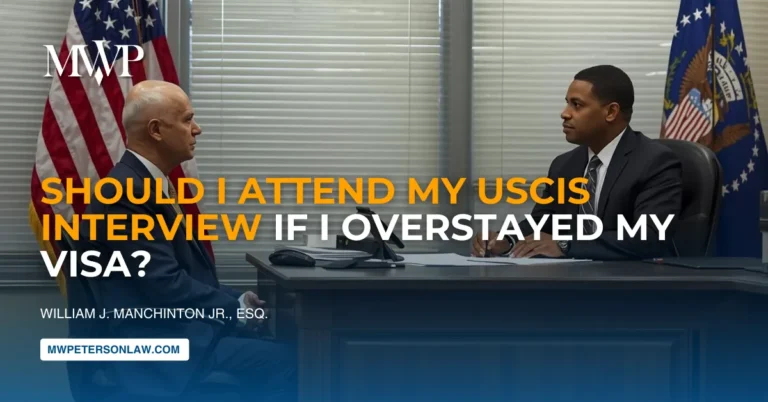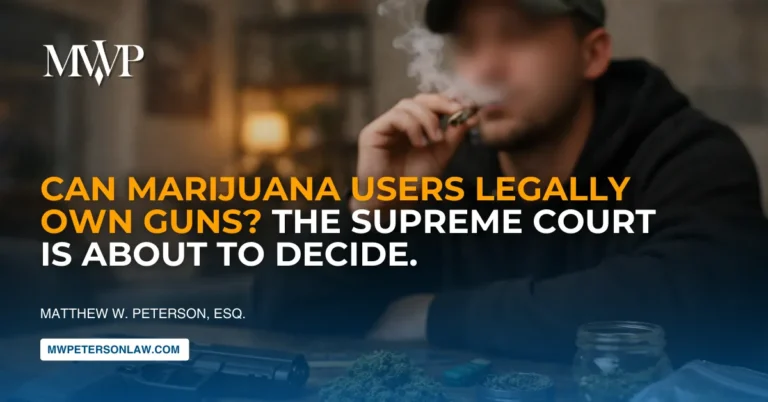No Fix Statute Massachusetts: Does an Officer Have to Issue a Citation Immediately?
Massachusetts General Laws, Chapter 90C, Section 2—commonly known as the no fix statute Massachusetts—governs the issuance of traffic citations in the state. This statute was designed to prevent favoritism or the improper dismissal (or “fixing”) of traffic violations by law enforcement officers. While the law is straightforward in its intent to promote fairness, many drivers are left wondering: Does an officer have to give me a citation immediately under this statute?
The Purpose of the No Fix Statue Law
The no fix statute was enacted to ensure transparency and accountability in the issuance of traffic citations. Before this law, there were cases where officers might not issue citations to certain individuals due to personal connections, creating an unfair advantage for some drivers. The law ensures that officers follow a standardized procedure when issuing citations, preventing any appearance of impropriety.
According to M.G.L. Ch. 90C, §2, an officer is required to issue a traffic citation at the scene of the violation “as soon as possible.” This phrase has led to some confusion regarding whether the citation must be issued immediately after the infraction is observed. The reality, however, is more nuanced.
Does "As Soon As Possible" Mean "Immediate"?
The phrase “as soon as possible” is pivotal to understanding the timing requirement under the statute. While it suggests prompt action, it does not mean that the citation has to be physically handed to the driver immediately at the scene under all circumstances. There are situations where delays in issuing the citation may be acceptable.
For example, officers may need time to assess the situation, gather information, or ensure that safety measures are in place, especially during dangerous or high-traffic conditions. An officer may also take time to verify a driver’s license or vehicle registration before completing the citation. In these cases, as long as the citation is issued within a reasonable period, it is considered compliant with the statute. Additionally, certain administrative or clerical tasks, such as determining whether a vehicle’s registration is valid, may contribute to a delay.
However, courts have addressed the concept of “immediate” issuance in the context of the “no fix” statute. They have determined that significant delays, especially those that serve no legitimate law enforcement purpose, could violate the statute. If a citation is issued long after the incident and there’s no valid reason for the delay, a defendant might argue that the delay undermines the law’s intent.
Exceptions to Immediate Issuance
There are specific exceptions to the immediate issuance requirement. For instance, if the violation results in an accident or requires a complex investigation, an officer may not be able to issue a citation immediately. In such cases, officers can mail the citation to the driver within a reasonable time frame. This exception ensures that law enforcement can prioritize investigations or handle more serious issues before dealing with the administrative task of issuing a citation.
In cases where a delay seems unwarranted, the defense can raise the issue in court, questioning the timing of the citation. However, the burden is often on the driver to show that the delay was unreasonable or motivated by improper intentions.
Conclusion
Under Massachusetts’ “no fix” law, while officers are expected to issue traffic citations promptly, there is no absolute requirement for the citation to be handed over immediately. Factors such as safety, investigation, and administrative duties can contribute to a reasonable delay. However, unwarranted or excessive delays may call into question the validity of the citation, and drivers can challenge this in court. This includes OUI cases.
Ultimately, the “no fix” statute plays a crucial role in ensuring fairness in traffic and OUI enforcement by preventing any alteration or dismissal of citations due to personal favoritism or outside influence. But when it comes to the timing of the citation, the law provides some flexibility, with the overriding goal of fairness and transparency in traffic law enforcement.











